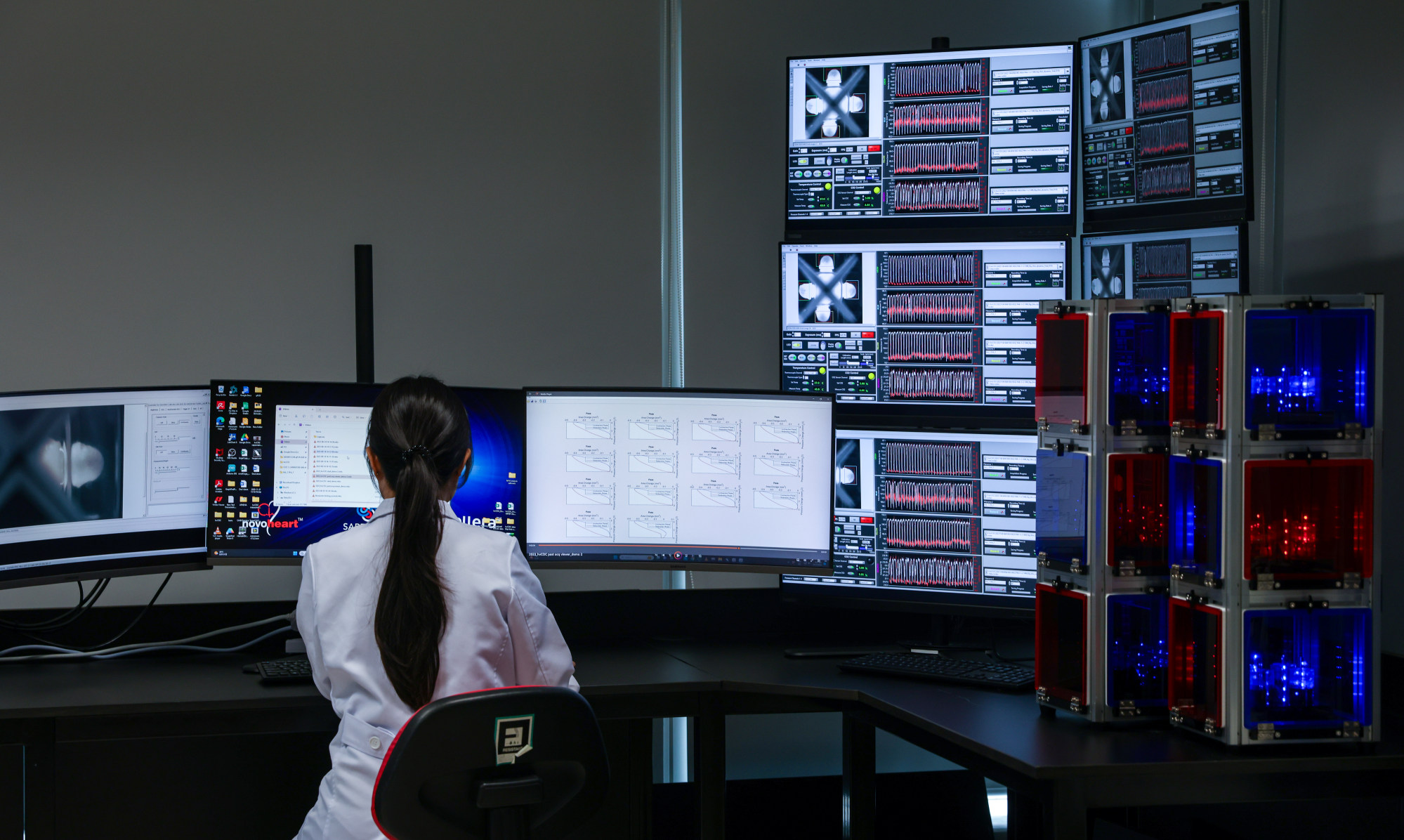
Producing cancer therapy cells in Hong Kong will lower treatment cost for leukaemia patients, local biotechnology company says
- Xellera Therapeutics became the first biotech firm to receive a licence to make CAR T-cells locally in laboratory
- US companies currently charge HK$4 million for service, while local production will reduce cost to HK$2 million, according to biotech firm
A Hong Kong company has said leukaemia patients will be able to receive a cancer treatment at a lower cost, after it became the first biotechnology firm in the city to receive a licence to locally produce the cells needed for the therapy.
During a launch event on Tuesday, Xellera Therapeutics said it was aiming to make 200 to 250 cell and gene therapy products, which modified a patient’s genes to treat diseases, annually after operations started next year.
The company said it would initially focus on making CAR T-cells, which were produced in laboratories and designed to recognise and target specific proteins on cancer cells, for a treatment for leukaemia, with plans to expand in the Asia-Pacific market.

Currently, US companies charge Hong Kong hospitals HK$4 million (US$510,836) per patient for making the cells. Local production will reduce the cost to HK$2 million, according to Xellera Therapeutics.
“We have already produced the first batch of made-in-Hong Kong CAR T-cells, which is up to international standards,” said Ronald Li Tang-wai, the founder and executive director of the company.
Patients receiving CAR T-cell treatment have blood samples frozen and transported to US laboratories for processing before they are shipped back to Hong Kong for injection. The procedure, which takes about a month, reduces the freshness of the samples, resulting in a 40 per cent success rate.
Li said the global market for cell and gene therapy products was expected to grow at a yearly rate of about 66 per cent from 2023, with more than 30 manufacturers in the United States, four in mainland China and three in Singapore.
The future of cancer detection? It might be in your breath
Luk Che-chung, the former chief executive of Queen Mary Hospital in Pok Fu Lam and ex-chief executive of the Hospital Authority’s Hong Kong West cluster, said local production of the cells was long-awaited in the city.
Luk, who was on the authority’s advisory committee for CAR T-cell therapy before his retirement, said there were many ethical concerns about how resources were allocated as the treatment was expensive and could cost a few million Hong Kong dollars per patient.
“Especially in a public healthcare system, where we are using public funds, we have a huge responsibility to ensure that the money is spent properly on such expensive and new treatment methods, resulting in a stringent approval process,” he said, adding that the manufacturer could now reduce waiting times and the cost for patients.
Pilot scheme offers Hong Kong cancer patients subsidised acupuncture therapy
Godfrey Chan Chi-fung, the former head of paediatrics and adolescent medicine at the University of Hong Kong, said the city had between 200 and 300 new leukaemia patients every year and 15 per cent faced a high risk of cancer relapse.
But CAR T-cell therapy was only offered to relapsed leukaemia patients whose condition had not improved even after two rounds of treatments, such as chemotherapy and radiation therapy, and it required approval from the authority, Chan added.
“During this time, many patients, unfortunately, pass away,” he said, adding that manufacturing the cells in Hong Kong could increase the treatment success rate to up to 80 per cent and shorten the waiting time while offering more patients the therapy.
The authority offered the treatment at a rate of HK$2.8 million, with patients having to co-pay up to HK$1 million depending on their financial situation, Chan said.

Xerella Therapeutics received an advanced therapy licence from the Pharmacy and Poisons Board this August. The company has a 22,000 sq ft (2,044 square metres) laboratory at the city’s Science Park, where 50 trained professionals will handle manufacturing, quality control assessment and research and development of the product.
The company added it was also aiming to create the world’s first pluripotent stem cells, which had the ability to self-renew, tailored to southern Chinese people, an area of research it said it felt was lacking on the market.
Secretary for Innovation, Technology and Industry Sun Dong, who officiated at the launch ceremony, said the city always had a strong edge in biotechnology, with top-notch researchers and healthcare professionals as well as two globally renowned medical schools.
“Hong Kong’s strong scientific research capabilities and the ability to make breakthroughs from scratch will result in more impactful research outcomes, benefiting a greater number of patients,” he said.

